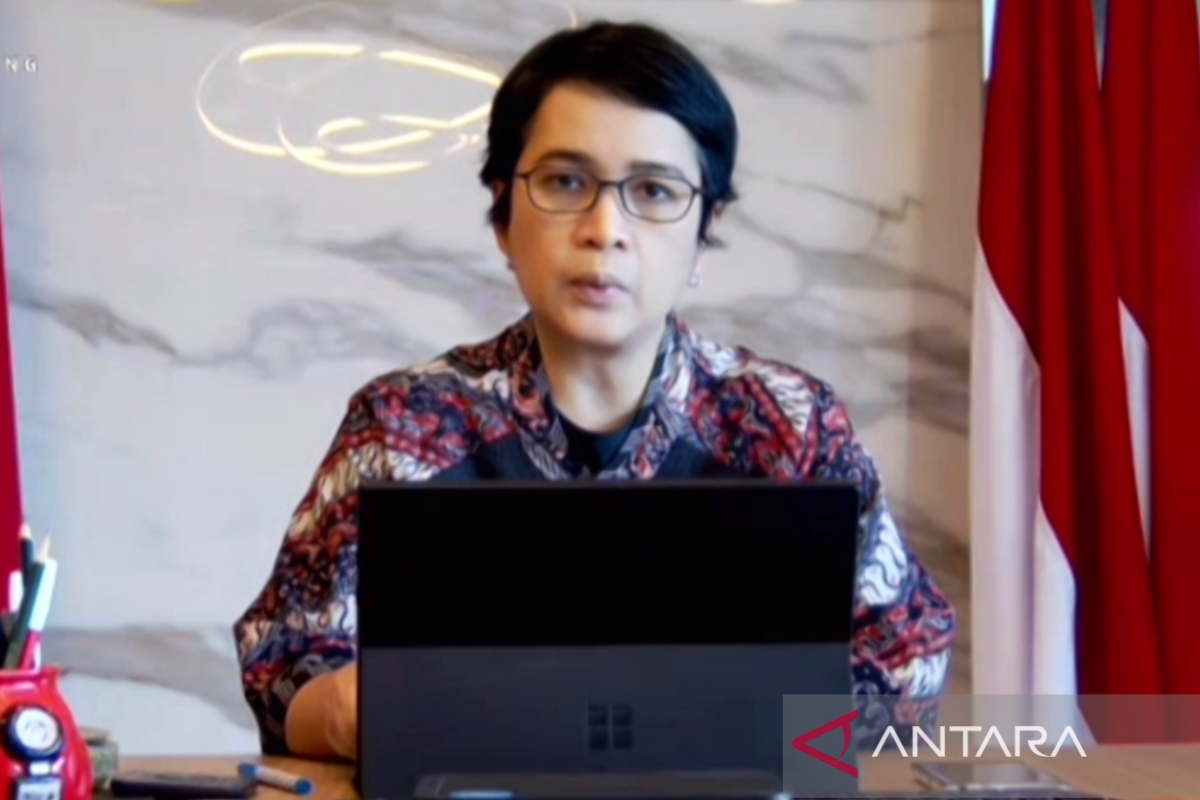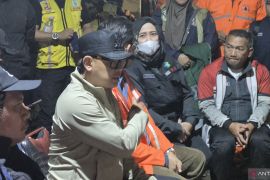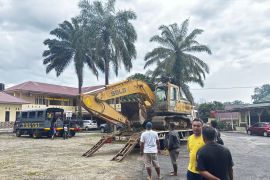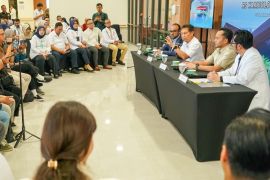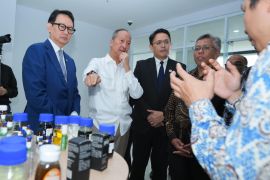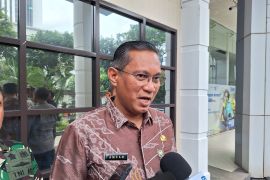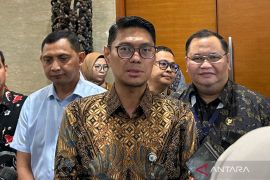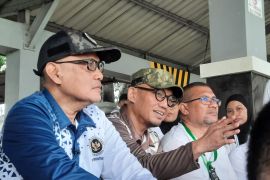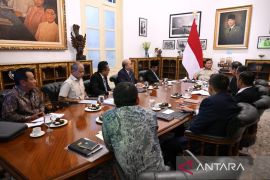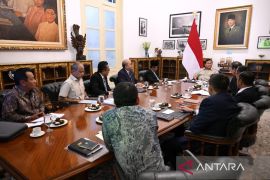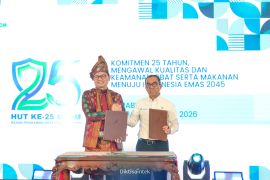"Digital transformation and its utilization must be spread evenly and not only concentrated in metropolitan cities. Tier 2 and 3 cities have great opportunities in the next decade," she observed at an online press conference on Monday.
According to Tayyiba, Tier 2 and Tier 3 cities account for 46 percent of Indonesia's total GDP (gross domestic product), and their contribution is estimated to increase to 49–51 percent by 2030.
"This means that the percentage of these cities' contribution will cover up to half of Indonesia's GDP," she said.
Furthermore, the secretary-general said the COVID-19 pandemic has activated digital adoption in non-metropolitan areas. Seventy-two percent of the 21 million new digital consumers in 2021 came from non-metropolitan areas, she noted.
The digital economy in these cities is expected to grow up to 5 times between 2020 and 2025, with their projected contribution to the national digital economy reaching more than 40 percent; with the highest contribution made by e-commerce, health tech, lending, edutech, payment, and ride and delivery sectors, she said.
Related news: Tech can help narrow economic gap in Society 5.0: ministry
"Digital access has become a fundamental need for everyone. Therefore, a holistic approach is needed to avoid the emergence of new gaps. And, although the pandemic has accelerated digital adoption, this rapid transition requires us to anticipate the challenges that come with it," she expounded.
She added that the ministry is currently paying special attention to the digital paradox, where not everyone can gain the benefits of digitalization due to limited access such as infrastructure, affordable Internet services, and skills to utilize digital technology to create added value.
"To this end, the Ministry of Communication and Informatics believes that the digital transformation agenda must be based on inclusive, empowering, and sustainable values," she remarked.
Related news: Tourism trend shifts to digital: Minister Uno
Translator: Arnindhya Nur, Raka Adji
Editor: Rahmad Nasution
Copyright © ANTARA 2022
